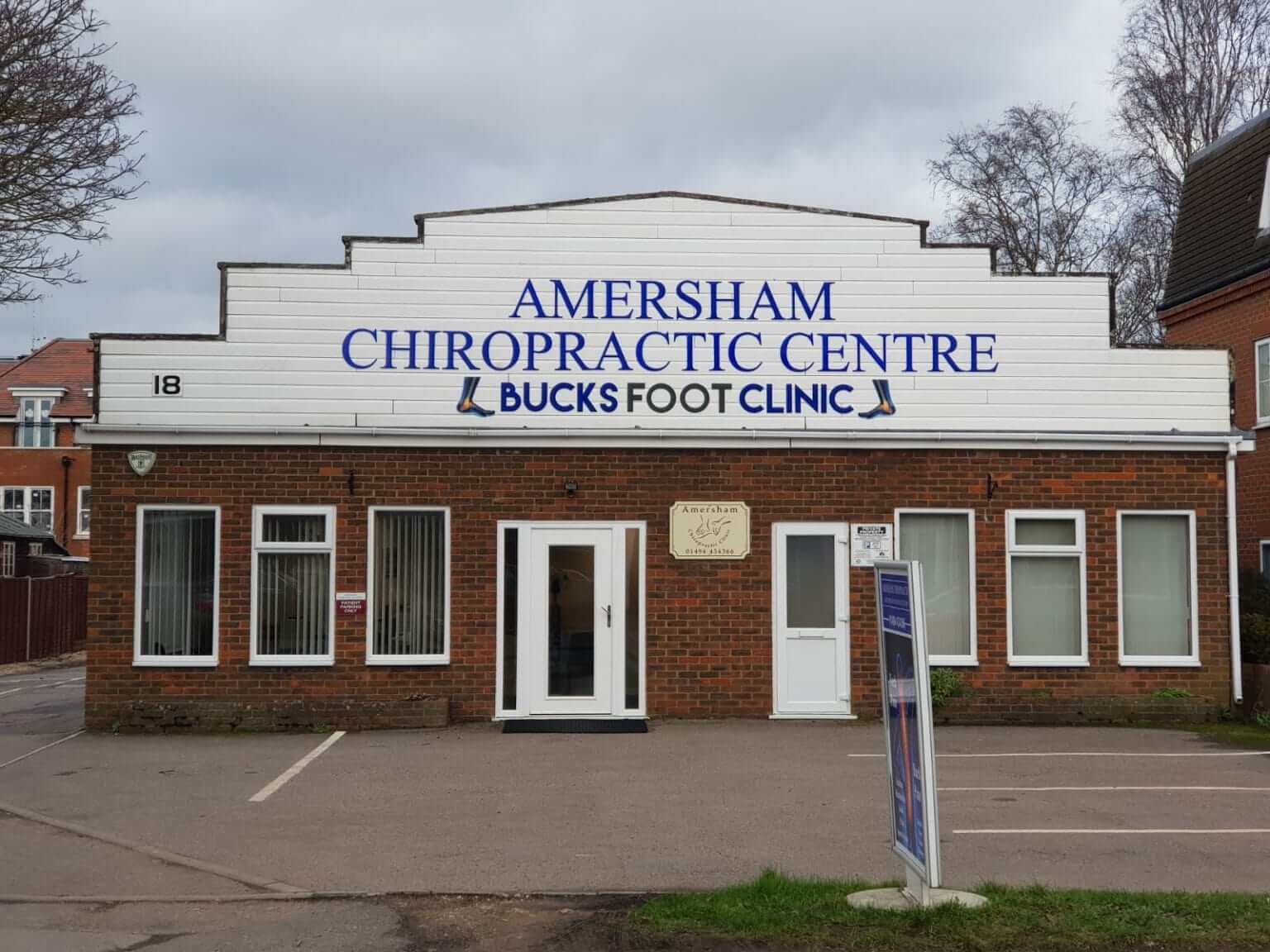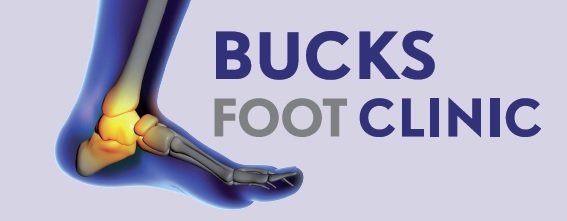
You probably landed on this article because you googled “what is a podiatrist?” or “podiatrist near me”. Either way, it means you’d like to learn more about podiatrists and find one near you!
We’d love to help answer your questions, and let you know that we’re here for all your foot-care needs. Read on to learn more about how we can help you!
What Is A Podiatrist?
Lots of people still aren’t aware of what podiatrists do and still find themselves asking the question, “what is a Podiatrist?”.
A Podiatrist is a medical specialist that helps with problems related to your feet and lower legs. We can deal with complications from health issues like diabetes, and even treat minor and major injuries. People also call us Podiatric Physicians or Doctors of Podiatric Medicine, as well as Chiropodists.
Are Podiatrists Doctors?
Though a Podiatrist IS a doctor, they don’t go to traditional medical schools. There are separate schools and professional associations for Podiatrists. Doctors usually have an “MD” after their name, which stands for “Medical Doctor”. We have “DPM” at the end of our names. This stands for “Doctor of Podiatric Medicine”.
We can perform surgeries, reset broken bones, order lab tests or x-rays, and even rest broken bones. We’re completely licensed to do so, and we often work alongside other specialists that treat issues of the feet and lower legs.
Common Conditions Treated By Podiatrists
Keeping in mind that podiatrists treat from any age bracket, here are some of the conditions they treat:
- Sprains and Fractures: Podiatrists often work with athletes and treat them for sprains and fractures and how to avoid them. And are also actively involved in sports medicine and treatment of other foot-related issues.
- Nail Disorders: It isn’t uncommon to visit your podiatrist for an infected toenail. These can be caused by an ingrown nail or be of fungal nature. Either way, it’s always best to get it checked by a podiatrist immediately.
- Hammertoes and Bunions: In the case of a hammertoe, one isn’t able to bend the toe in the right manner. Bunions, on the other hand, occur when the big toe joint gets enlarged or moves out of place. Note that both bunions and hammertoes are problems related to the bones in one’s feet.
- Arthritis: Arthritis is a condition that occurs due to the wear and tear, inflammation and swelling of one’s joints. Depending on the intensity of the arthritis, your podiatrist will prescribe either drugs or medical shoes for posture and also physical therapy. In the off chance that conventional treatment isn’t helpful, one can undergo surgery.
- Growing Pains: The formative years are very important as this is the stage your body is creating its structural base. Thus if one notices any irregularities with the structure of their children’s feet, like toes not lining up or flat feet, one should visit your podiatrist. They may advise a particular exercise or braces or even correctional surgery.
- Diabetes: Diabetes boils down to the body’s mismanagement of the hormone known as insulin. Insulin is a compound produced by the body to break down sugar for the body. One of the effects of diabetes is nerve damage and difficulty supplying oxygenated blood to your feet. This can cause serious complications and can even result in a foot amputation. Meeting your podiatrist at an earlier stage is very crucial, as with the right aid one can avoid severe complications.
- Heel Pain: Heel pain is commonly caused by calcium buildups at the bottom of your heel, known as “heel spurs”. These occur due to rigorous running, being overweight, or simply wearing ill-fitting shoes. There are other reasons you may be facing heel pain, as well. Plantar Fasciitis is a common reason, and it is basically the inflammation of a connective tissue that goes along your foot’s bottom area. This occurs widely due to non-supportive shoes and strenuous sports activities. Another common cause for heel pain is “Overpronation”, which is when your foot may bend inwards or outwards while walking. This usually affects athletes. Another reason for heel pain is “Achilles Tendinitis”, which makes the back of your heel ache, where the tendon is. Podiatrists can treat all of these issues with a wide range of treatments. Most commonly, they will start you off with OTC medications. They may even prescribe shoe inserts known as “Orthotics”. They can even perform surgery in dire situations.
- “Morton’s Neuroma”: You can experience pain or burn in your feet due to nerve problems related to the third and fourth bones in your feet. It may even feel like there’s something in your shoe when there isn’t. This is called “Morton’s Neuroma”, and is commonly seen in runners. Wearing shoes that are too tight, or being affected by overpronation just makes it worse. Podiatrists are well equipped to handle this issue, and they can administer shots for pain and inflammation. They can even find the right orthotic (shoe insert) for you and perform surgery to remove it altogether.
Why Should You See A Podiatrist?
Feet are often overlooked, but they are extremely important as they support you throughout your life. Did you know that by the age of 50, most people would have walked approximately 120,700 km? Can you imagine the stress on your feet for a lifetime? Feet are very important, complex structures consisting of tendons, ligaments, and bones. All of these parts have to work carefully in unison to keep you moving around. This is why it’s important to take care of your feet and visit a podiatrist the minute you notice something strange is afoot (pun intended!).
Book an appointment with Bucks Foot Clinic if you’re dealing with any of the following:
- Discolored/thickened toenails
- Cuts/cracks in the skin on your feet
- Warts and other growths
- Pain in your feet
- Peeling / scaling on the soles of your feet
Though these may seem like small issues, they can often lead to much bigger problems in the future. Our professionals will take a good look at your problems and help you with all your needs, so you never have to search “podiatrist near me” online again!
Please call us on 0800 107 3290 / 077 99 122 099 Or contact us now
